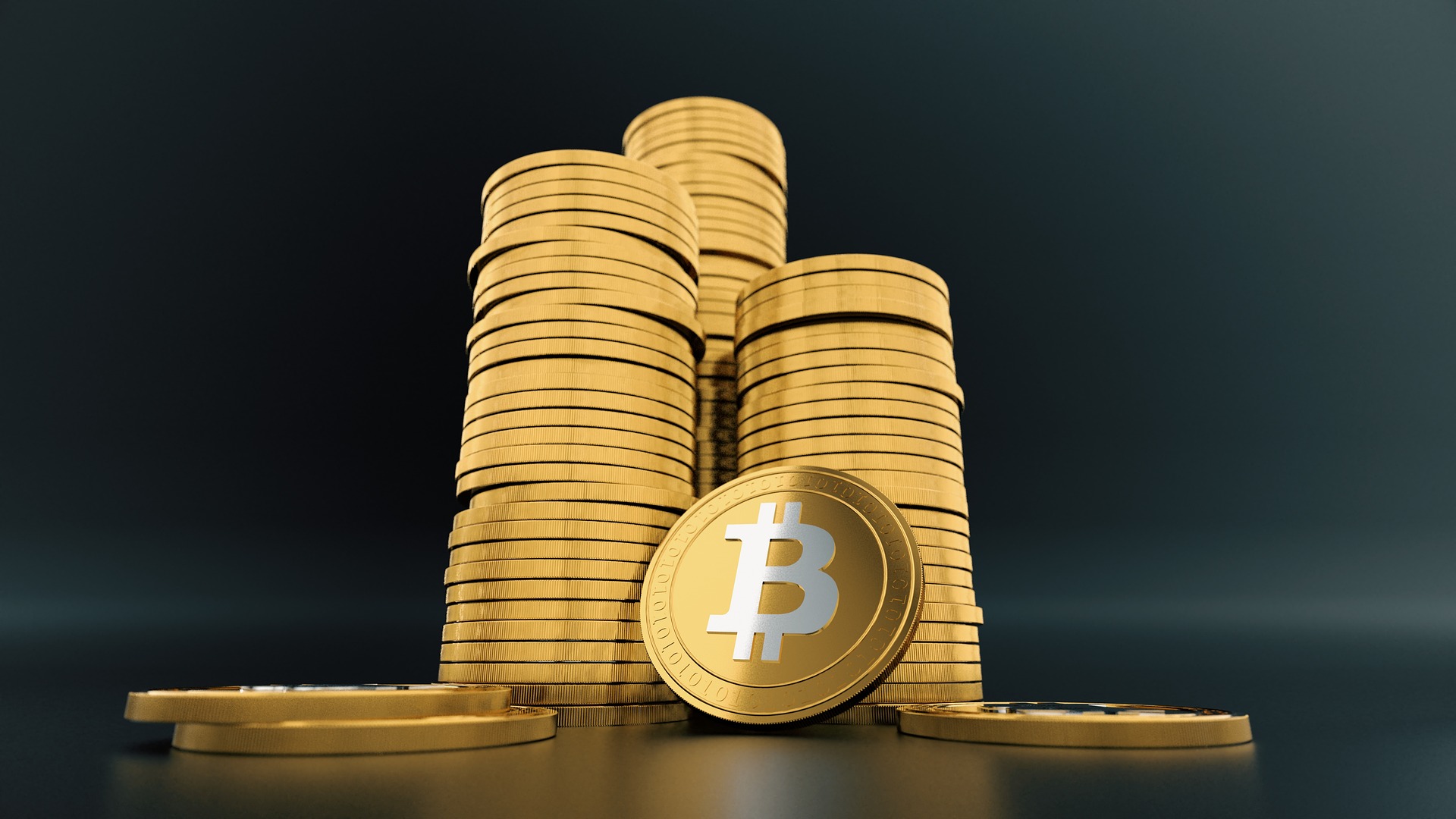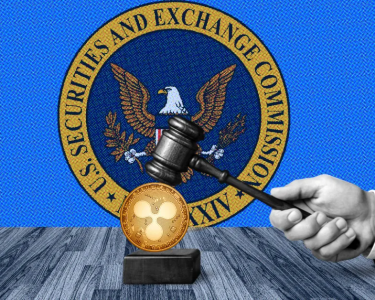Coinbase, the world’s leading cryptocurrency exchange, is evaluating the United Arab Emirates (UAE) as a potential international hub for its operations. This move comes as Coinbase seeks to expand its global footprint and capitalize on the growing demand for cryptocurrency services in the Middle East.
The UAE has emerged as a key player in the global fintech and cryptocurrency industries, with its government actively promoting the adoption of blockchain technology and digital assets. In 2019, the UAE launched the Emirates Blockchain Strategy 2021, which aims to establish the country as a global leader in blockchain adoption.
Coinbase’s interest in the UAE is not surprising, given the country’s favorable regulatory environment and growing demand for cryptocurrency services. The company has already obtained a license to operate in the Dubai International Financial Centre (DIFC), a leading financial hub in the Middle East.
The DIFC license allows Coinbase to offer a range of cryptocurrency services, including a digital asset exchange and custodian services, to investors in the region. This is a significant development for Coinbase, as it provides the company with a foothold in the lucrative Middle Eastern market.
In a recent interview with Bloomberg, Coinbase CEO Brian Armstrong expressed his optimism about the company’s prospects in the UAE. He noted that the country was “maturing in terms of cryptocurrency adoption” and that Coinbase was evaluating opportunities in Dubai and Abu Dhabi.
Armstrong’s comments suggest that Coinbase is taking a cautious approach to its expansion into the UAE, and is carefully assessing the regulatory and business environment in the country. This is a prudent approach, given the challenges that cryptocurrency companies have faced in highly-regulated jurisdictions.
The UAE has established a regulatory framework for cryptocurrencies, but there are still concerns around money laundering and terrorist financing. Coinbase has been working to address these concerns by hiring former FinCEN official Paul Ahern as its new chief compliance officer.
Ahern’s appointment is a clear indication of Coinbase’s commitment to compliance and regulatory best practices. This is an important consideration for the company as it seeks to expand into new markets and establish itself as a trusted player in the global cryptocurrency industry.
Coinbase’s expansion into the UAE is part of a broader trend of cryptocurrency companies seeking to expand their global footprints. In recent years, Coinbase has aggressively expanded into Europe, Asia, and Latin America, and now operates in more than 100 countries around the world.
However, the company’s expansion has not been without controversy. In 2020, Coinbase was embroiled in a public dispute with the US Securities and Exchange Commission (SEC) over its plans to launch a cryptocurrency lending program.
The SEC argued that the program would be considered a security and would therefore be subject to regulation, while Coinbase claimed that it was simply a lending product. Coinbase eventually backed down on its plans to launch the lending program, citing regulatory uncertainty.
This incident highlights the challenges that cryptocurrency companies face when expanding into new markets, particularly in highly-regulated jurisdictions. It also underscores the importance of compliance and regulatory best practices in the cryptocurrency industry.
Despite these challenges, Coinbase remains one of the world’s leading cryptocurrency exchanges, with over 56 million registered users and a market capitalization of over $50 billion. The company’s move into the UAE is likely to be closely watched by other players in the cryptocurrency industry, as they seek to expand their own global footprints.
In conclusion, Coinbase’s evaluation of the UAE as a potential international hub represents a significant development for the cryptocurrency industry in the Middle East. The country’s favorable regulatory environment and growing demand for cryptocurrency services make it an attractive market for Coinbase and other players in the industry. However, the company will need to navigate the regulatory and business environment in the country carefully as it seeks to establish itself as a trusted player in the region.




